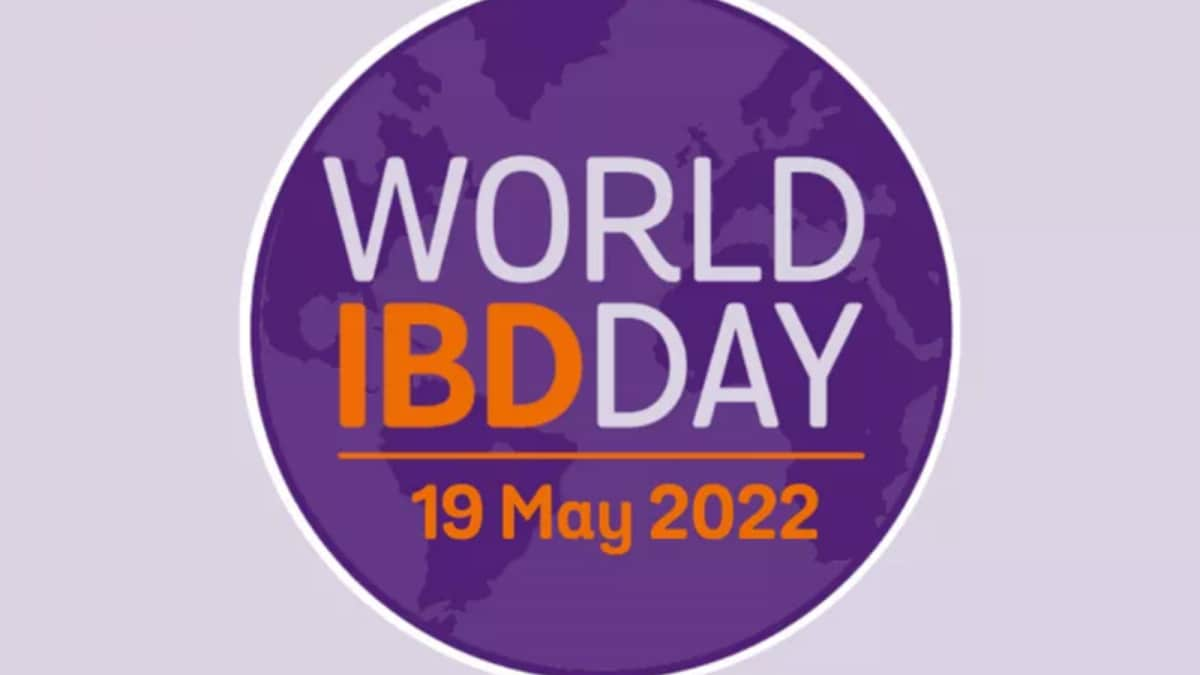IBD on the Rise in India: Lifestyle Factors and What You Need to Know

May 19th marks World IBD Day, a crucial opportunity to spotlight the increasing prevalence of Inflammatory Bowel Disease (IBD) worldwide, with a particular focus on India. This chronic inflammatory condition, encompassing Crohn's disease and ulcerative colitis, is no longer solely a Western ailment. India is witnessing a significant surge in IBD cases, prompting urgent investigation into the underlying causes and effective management strategies.
The Growing Problem in India
Historically, IBD was relatively rare in India. However, over the past few decades, incidence rates have been steadily climbing, mirroring trends observed in developed nations. Recent studies indicate a concerning rise, especially in urban areas. While precise figures vary, estimates suggest that millions of Indians are affected by IBD, and this number is expected to continue growing. This poses a considerable burden on healthcare systems and significantly impacts the quality of life for affected individuals and their families.
Lifestyle: A Key Culprit?
So, what's driving this increase? While genetics play a role, mounting evidence points to a significant influence from lifestyle factors. Here's a breakdown of the key contributors:
- Dietary Changes: The shift towards a more Westernized diet, characterized by processed foods, high sugar intake, and low fiber consumption, is strongly implicated. Traditional Indian diets, often rich in fruits, vegetables, and spices, have historically provided some protection against IBD.
- Hygiene Hypothesis: The “hygiene hypothesis” suggests that reduced exposure to microbes early in life can impair the development of the immune system, making individuals more susceptible to autoimmune diseases like IBD. Improved sanitation and widespread antibiotic use might be contributing factors.
- Stress and Urbanization: The fast-paced lifestyle, chronic stress, and pollution prevalent in urban environments are also believed to play a role. Urban living often involves less physical activity and increased exposure to environmental toxins.
- Smoking: Smoking is a well-established risk factor for IBD, increasing the likelihood of developing the disease and worsening its severity.
- Obesity: Increasing rates of obesity in India are also linked to a higher risk of IBD.
Diagnosis and Management
Early diagnosis and appropriate management are crucial for improving outcomes in IBD patients. However, awareness of IBD remains low in many parts of India, leading to delays in diagnosis and treatment. Symptoms can be vague and often mistaken for other gastrointestinal conditions. Accurate diagnosis typically involves a combination of clinical evaluation, blood tests, stool tests, and endoscopic procedures (colonoscopy and endoscopy) with biopsies.
Treatment options for IBD include medications to reduce inflammation (such as corticosteroids, immunomodulators, and biologics), dietary modifications, and in some cases, surgery. Personalized treatment plans are essential, as the disease can manifest differently in each individual.
Looking Ahead: Prevention and Awareness
Addressing the rising tide of IBD in India requires a multi-faceted approach. Raising public awareness about the disease, promoting healthy lifestyles, and improving access to quality healthcare are paramount. Further research is needed to better understand the specific genetic and environmental factors that contribute to IBD in the Indian population. Focusing on preventative measures, such as encouraging traditional diets, reducing stress, and promoting physical activity, could help curb the growing burden of this debilitating disease. World IBD Day serves as a powerful reminder of the urgent need to address this growing health challenge.



:max_bytes(150000):strip_icc():focal(736x224:738x226)/martha-stewart-bootcamp-042225-fc7d736d443d4457aab2c4b3681bc20b.jpg)

